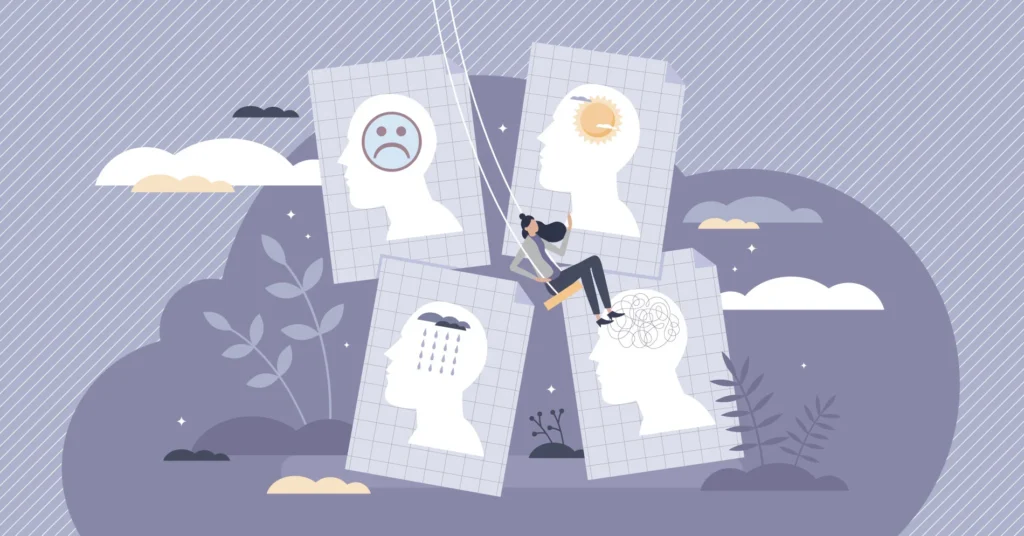Articles
Read our articles to learn practical tips for promoting positive mental health practices and supporting someone who may be experiencing a mental health problem.
Mental health first aid in sports
Mental Health First Aid in SportsSports and fitness usually go hand-in-hand with health and well-being. Exercise, fresh air, social connectedness, goal setting and the sense of personal achievement, can all have positive impacts on physical, mental and social...
MHFA Refresher Courses
Mental Health First Aid Refresher Courses The importance of continual learning If you’ve completed a Mental Health First Aid® (MHFA®) course then you’re in good company. Close to 1 million Australians have now undertaken some form of Mental Health First Aid...
Physical and Mental Health – Two Parts of a Wellness Equation
In theory, we all know the things we are meant to do to keep ourselves fit and physically healthy, and with so much advice on these topics, it can be difficult knowing which advice to follow. Eating nutritious foods, drinking plenty of water, getting adequate sleep...
Putting regional mental health on the map
Australia is a vast land that encompasses everything from arid deserts to tropical rainforests. Regional and rural Australia is full of stories, larrikins and gorgeous landscapes that provide peace and tranquillity. Small towns call to their urban counterparts as...
Positive mental health for students
There’s no limit to the number of stressors young people, and students specifically, take on as they move through, and into, new phases of their life. PhD researchers from the University of Calgary shared in The Conversation this week, five ways students can...
Planning a mental health first aid conversation
As a Mental Health First Aider™, you have learned the theory behind the importance of a mental health first aid conversation. Now you have the skills to recognise the early warning signs and symptoms of a mental health problem in someone you know, it becomes...
Recognising the signs and symptoms of mental health problems
Many experts have been predicting that various factors will significantly affect mental health. Recent figures suggest an increase in the presentation of mental illness and psychological distress due to these factors (AIHW, 2020). The longer-term impacts on mental...
Schizophrenia: offering support and overcoming barriers
Schizophrenia is a serious mental illness that is estimated to affect roughly 1 in 100 people in Australia. People with schizophrenia may experience drastic changes or irregularities with their behaviours, perceptions, and interactions with the world. Their...
Self-care when helping others
Why is Self-Care Important when Helping Others?When offering support or helping others it may be tempting to ignore our own self-care. This is especially true if your working, family or social life includes regularly caring for others. In our desire to always be...
Disclosing a mental health condition with your workplace
Should you share your mental health condition with your workplace?Today, more and more organisations are developing strategies and teams to better support well-being in the workplace. An increased awareness of the need for and importance of creating mentally...
Someone I’m concerned about doesn’t want my help. What now?
Wanting to help someone can have powerful, positive consequences. Reaching out to a friend, family member or colleague at work can let that person know they have a support network. It can act as a timely reminder they are not alone, especially during moments of...
Supporting older men with mental health conversations
Supporting older men through mental health conversationsNever discount the impact changes in life or lifestyle can have on a person’s mental health. Ageing is a time when changes to the body, mind and lifestyle can have a significant impact. For many older people,...













